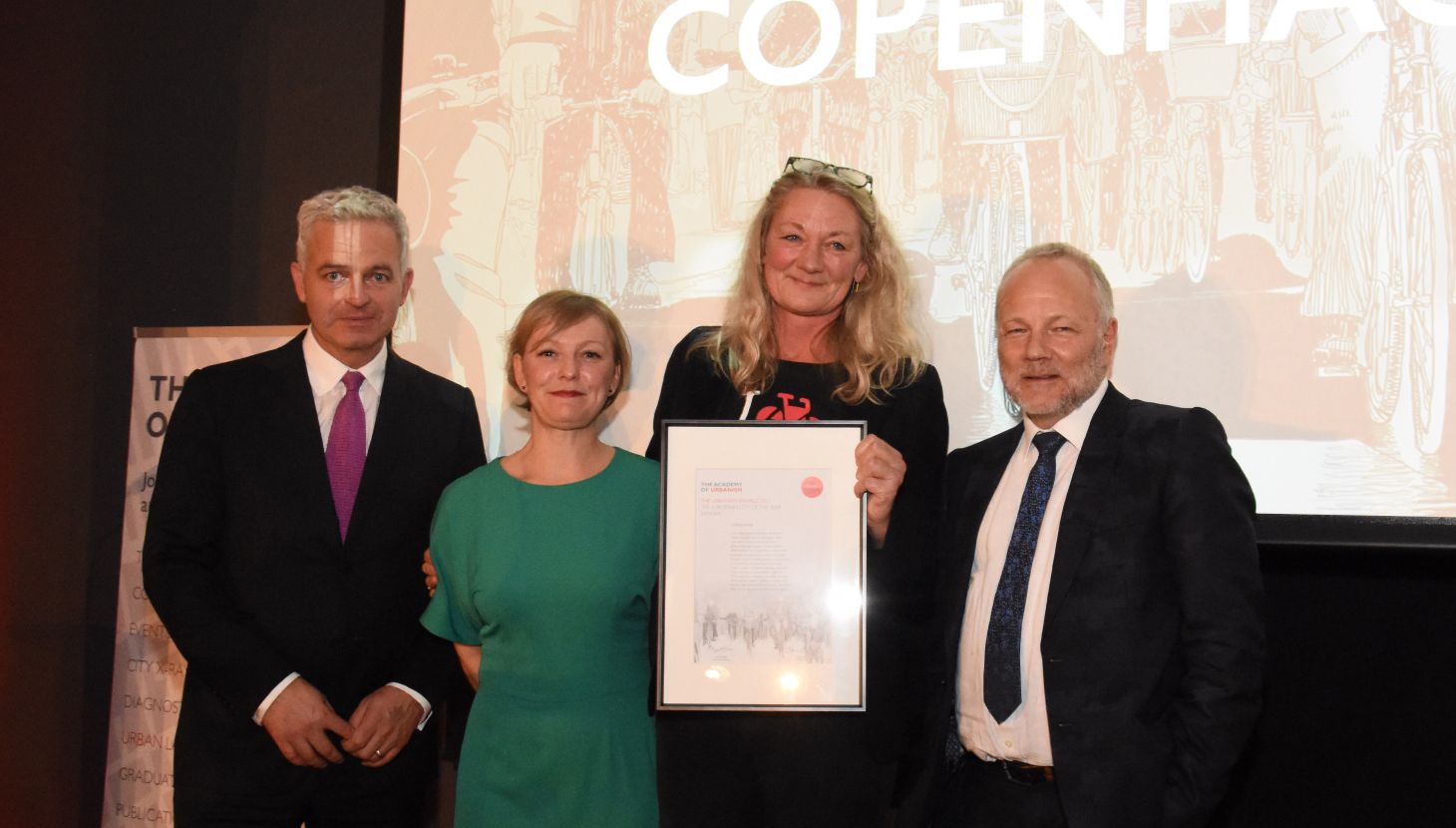Copenhagen has overcome stiff opposition from Eindhoven (the Netherlands) and Montpellier (France) to win the 2017 European City of the Year award.
Awarded annually by British organisation The Academy of Urbanism, the award applauds the Danish capital’s new vision to foster green living and good conditions for pedestrians and cyclists.
“Copenhagen is a capital city that has set the standard for intelligent, inclusive and sustainable urban management over the last 40 years,” said Steven Bee, the chair of the academy.
“It continues to grow within its established borders, creating new neighbourhoods of high densities with high levels of amenities, along with distinctive neighbourhoods around an accessible and inclusive centre that makes the most of its harbour-side setting. It is a worthy winner”.
READ MORE: Copenhagen the second most expensive city in the world to drink coffee
Two-time winners
The Academy of Urbanism jury travelled to Copenhagen in August and visited Sluseholmen, Israels Plads, Cykelslangen and Kødbyen, the meatpacking district, among other areas of the city.
Copenhagen’s deputy major for technical and environmental issues, Morten Kabell, praised his city for taking responsibility for reducing CO2 levels and letting its citizens better influence its development.
It’s the second time Copenhagen has won the award – the first being back in 2006.















